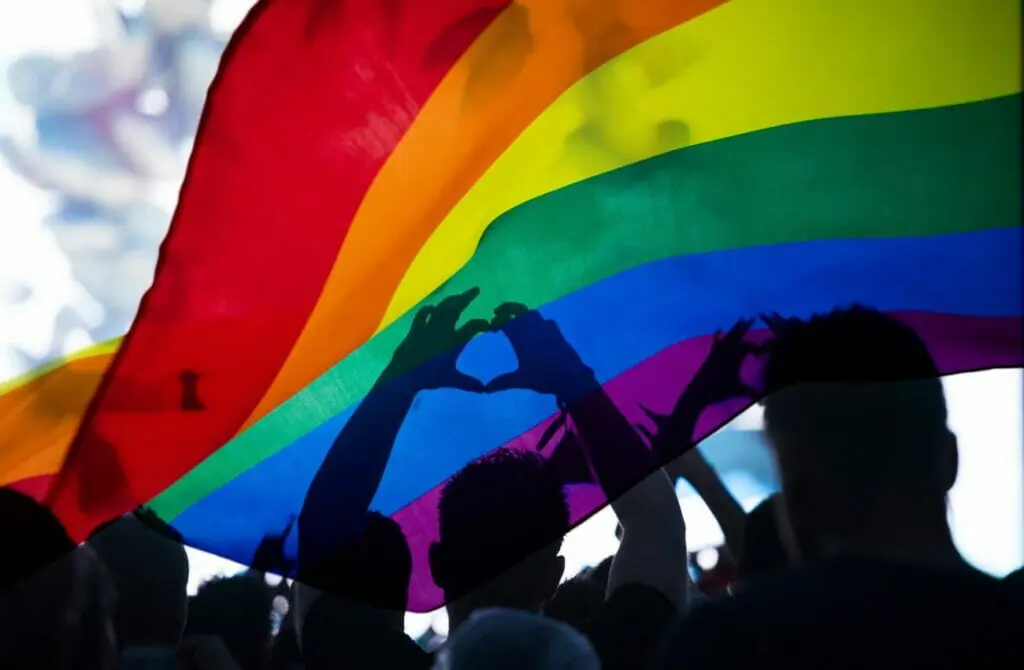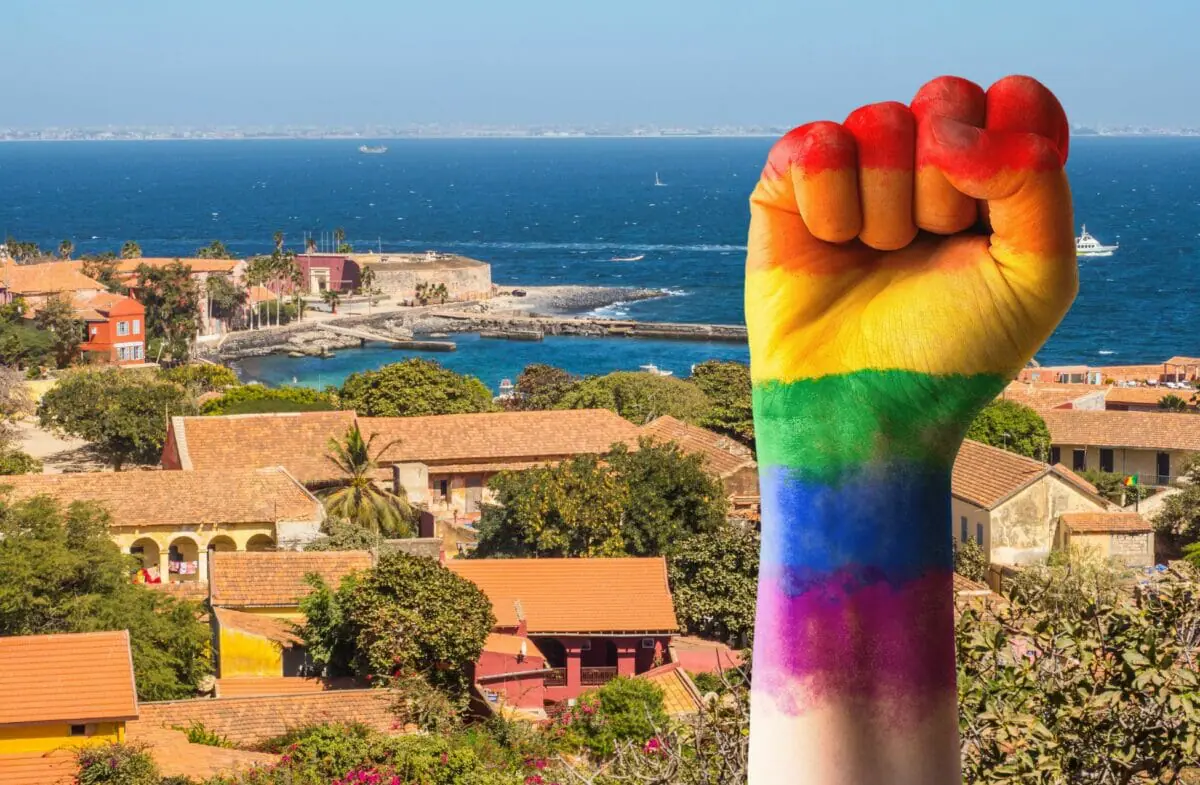LGBT rights in Senegal remain a contentious issue, with significant challenges faced by both locals and tourists alike. While homosexuality is currently illegal in the country punishable by imprisonment, the situation for LGBT individuals and advocates can be complex and ever-changing.
It is important for those concerned with LGBT rights, as well as travelers to the region, to remain vigilant and stay informed about the dynamic political and social landscape in Senegal.
Protection of LGBT individuals varies significantly across the country, with some areas being more tolerant than others. However, it is crucial for both residents and visitors to exercise caution and familiarize themselves with the legal framework and public sentiment. Being aware of local LGBT advocacy groups, such as Amnesty International, will help individuals stay informed and seek support if needed.
As the situation regarding LGBT rights in Senegal can change rapidly, it is essential for travelers as well as local community members to stay updated with the latest information and advice.
Governments and international organizations often provide travel advisories that include specific information about the current state of LGBT rights in a given country, and consulting these sources can be valuable when planning a trip or simply staying informed about ongoing developments.
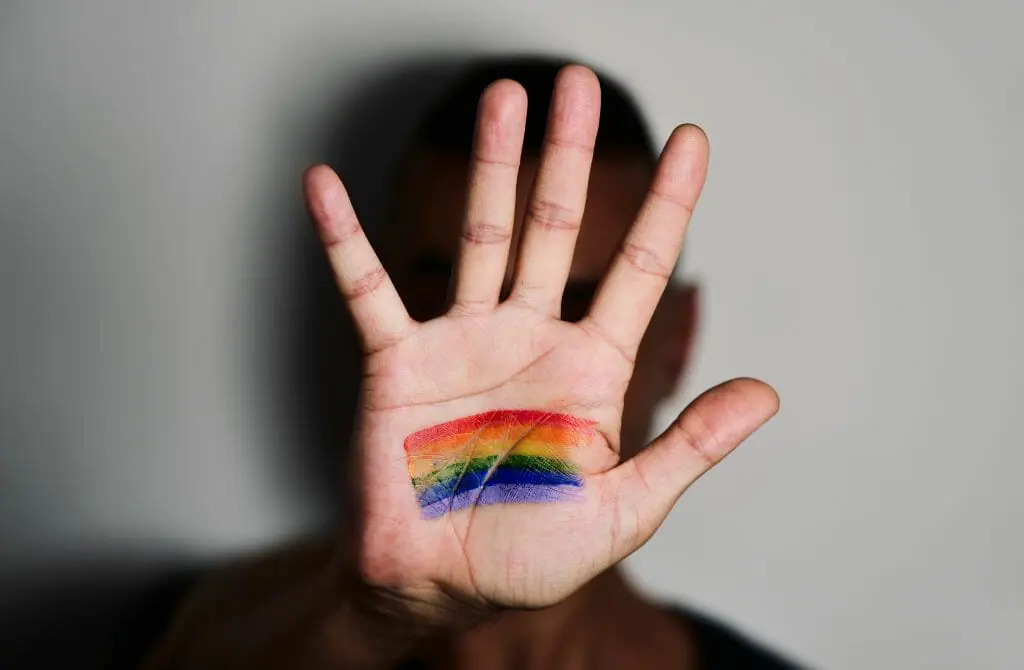

History of LGBT Rights In Senegal
Historically, LGBT rights in Senegal have been highly restricted, with same-sex activities being criminalized under the country’s legal framework. The lives of LGBT+ individuals in Senegal have been marked by stigma, discrimination, and even violence in some instances. While this reality primarily impacts locals, tourists and travelers from the LGBT+ community should also exercise caution and remain vigilant while in Senegal.
Over the years, there have been reports of incidents involving targeting and persecution of LGBT+ individuals by local authorities, such as arrests and detentions on suspicion of engaging in same-sex relations.
For example, in 2008, a local magazine in Dakar reported and published photographs of an alleged gay marriage, which led to the arrest of five men featured in the photographs. Although they were eventually released without charge, this instance showcases the precarious situation for LGBT+ individuals in Senegal.
In more recent times, there have been cases of arrests on suspicion of homosexuality, such as the 2022 arrests in Médina Fall and at the Malika beach in the Dakar region. These incidents highlight the ongoing challenges faced by the LGBT+ community with regard to personal safety and their rights in Senegal.
The lack of legal protection, coupled with societal prejudice, has led to the rise of advocacy groups working towards the betterment of LGBT+ rights in Senegal. These groups strive to create a more inclusive and fair society for everyone, including the LGBT+ community. Nevertheless, it is crucial for individuals planning to travel to Senegal to stay up-to-date with the latest information on LGBT rights and the general social climate, as situations can change rapidly.
In conclusion, it is crucial for those considering visiting or residing in Senegal to remain aware of the challenges faced by the LGBT+ community and to take necessary precautions to ensure their safety.
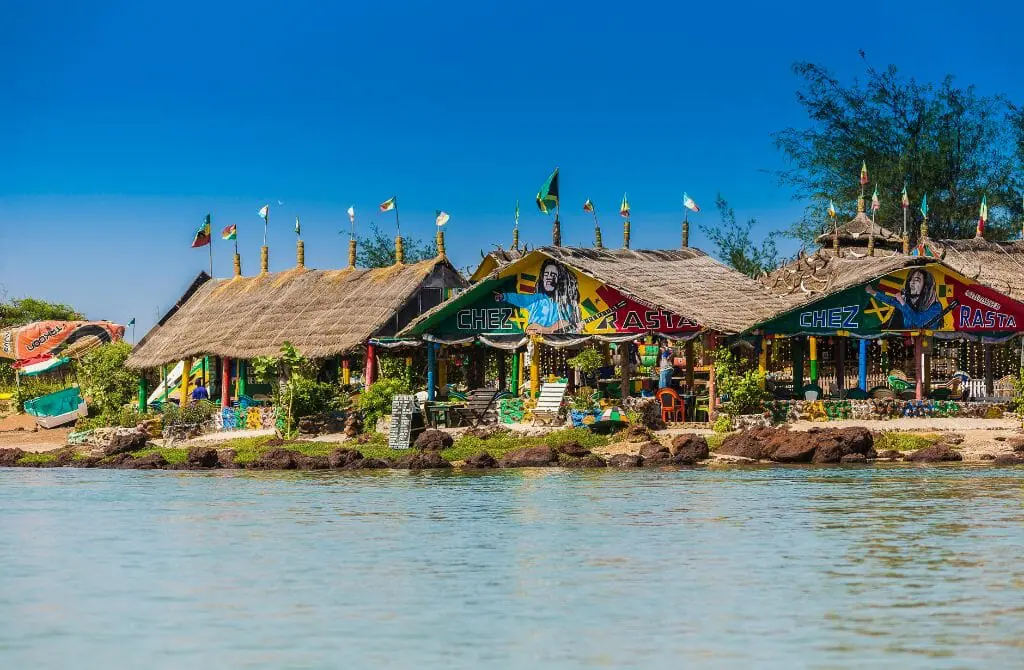
The LGBT Legal Situation In Senegal
In Senegal, LGBT rights face significant challenges as same-sex relations are criminalized under existing laws. Article 319 of the Senegalese Penal Code stipulates that any person who commits an “act against nature” with an individual of the same sex can face imprisonment for up to five years and a fine. This legal framework directly targets gay sex and leads to arrests and prosecutions of those accused of engaging in same-sex relations.
The situation for LGBT individuals in Senegal remains precarious despite a recent proposal to further tighten the anti-LGBT+ law, which was ultimately rejected by lawmakers in January 2022. The draft bill aimed to increase the potential jail terms for those convicted of same-sex relations, but this did not move forward to a parliamentary vote.
Although the more stringent proposals were not passed, the current legal environment in Senegal continues to enforce the existing anti-LGBT+ laws, contributing to increased arrests, prosecutions, and imprisonments of individuals within the community. It is essential to remain vigilant and updated on the current legal situation, as it can change rapidly and affect both locals and visiting tourists alike.
To stay informed and seek advice on the legal situation in Senegal, it’s crucial to connect with local and international LGBT advocacy groups who are aware of the latest developments and can provide valuable guidance to protect individuals from potential risks.
In conclusion, while there are no imminent changes to the laws penalizing same-sex relations in Senegal, staying informed, seeking current advice, and connecting with LGBT advocacy groups can help protect individuals living in or traveling to the country. The situation can change swiftly, so it is always essential to be cautious and remain vigilant.
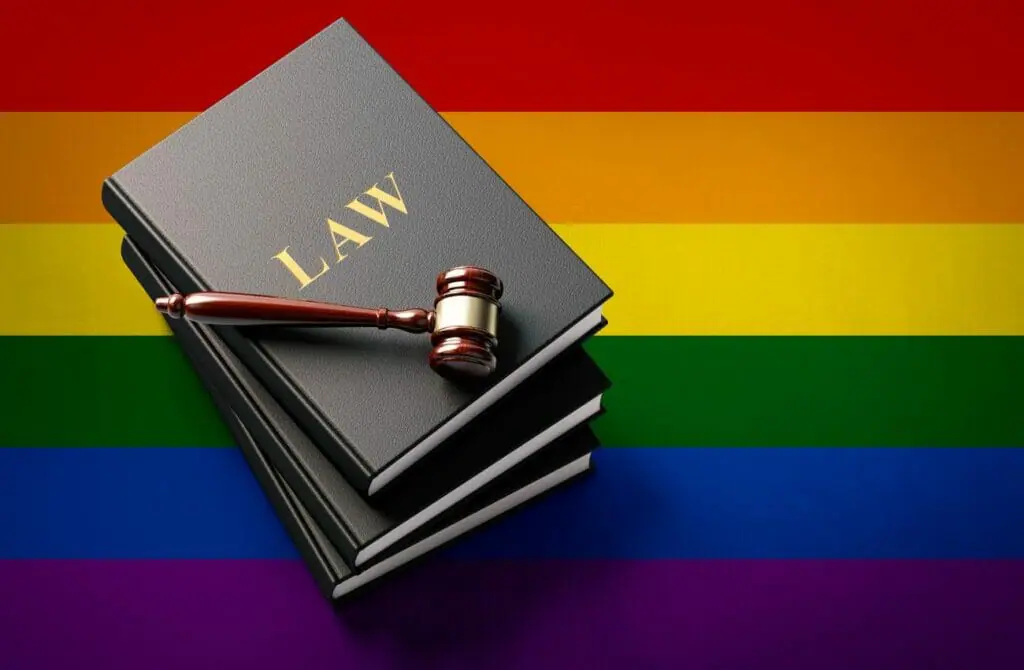

The LGBT Social Situation In Senegal
In Senegal, the social situation for LGBT+ individuals is challenging. Homosexuality is seen as incompatible with local values in this predominantly Muslim country. Gay sex is punishable by up to five years in prison, and there is a notable increase in arrests and prosecutions related to homosexuality. Social stigma, discrimination, and violence against the LGBT+ community are widespread and remain significant issues to overcome.
The capital city, Dakar, has experienced numerous incidents of anti-gay sentiment and public protests against the LGBT+ community. Protesters have burned rainbow flags, a symbol of LGBT+ rights, and demanded harsher punishments for homosexual acts. Activists and LGBT+ individuals are exposed to threats, harassment, and physical violence as they attempt to navigate this challenging environment.
In response to this hostile climate, several local and international advocacy groups have emerged to provide support and fight for LGBT+ rights. These groups work tirelessly to raise awareness, document incidents of violence, and promote the fair treatment and acceptance of LGBT+ individuals. They also offer essential support to individuals who experience discrimination or violence based on their sexual orientation or gender identity.
The Senegalese government, led by President Macky Sall, has shown little willingness to change the country’s anti-gay laws, reflecting the widely-held view that homosexuality is a ‘Western import.’ Authorities frequently use these laws to target and persecute LGBT+ individuals, further reinforcing the hostile social climate.
In addition to these challenges, the media in Senegal often portrays the LGBT+ community negatively, which contributes to public discrimination, marginalization, and targeted violence. Access to healthcare, education, and employment can also be heavily impacted by an individual’s sexual orientation or gender identity.
It is essential for anyone visiting or living in Senegal, especially those identifying as LGBT+, to remain vigilant and informed regarding the latest developments and changes in the social context. While the situation for LGBT+ persons might change, it is crucial to seek current advice before traveling or engaging in any LGBT+ activities. Building connections with local advocacy groups can serve as a valuable source of support and guidance in creating a safer space for all members of the community.
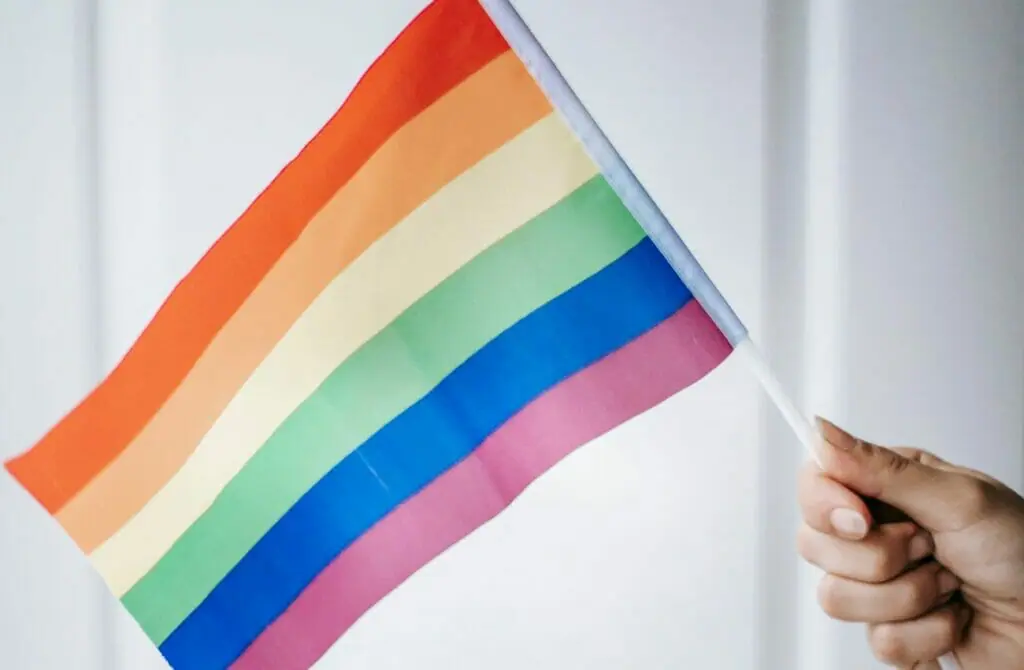
Trans Rights In Senegal
In Senegal, trans rights, like the rights of all members of the LGBT+ community, face numerous challenges due to prevailing cultural, religious, and legal norms. Senegal’s anti-gay legislation (Article 319 of the Senegalese Penal Code) criminalizes same-sex relationships and, by extension, impacts trans and intersex individuals as well. This hostile environment limits the ability of trans people to openly express their identities, access essential healthcare, and advocate for their rights.
The increased prevalence of homophobia and anti-LGBT+ sentiment in Senegal forces many trans individuals to navigate a society steeped in discrimination and violence. While tourists may not experience the same degree of intolerance as locals, it is crucial for visitors to remain vigilant, as situations can change rapidly, and the information might be outdated. It is always advisable to research current conditions and events before traveling.
To protect both locals and tourists, steps should be taken to raise awareness of the challenges faced by the trans and broader LGBT+ community. International organizations should cooperate with local advocacy groups, such as Prudence+, to provide support, share information, and work to improve the situation for trans individuals in Senegal. Promoting dialogue between various stakeholders helps to foster understanding and break down barriers.
Despite the hostile environment, several organizations continue their efforts to support the LGBT+ community in Senegal. Prudence+, for instance, addresses the specific healthcare needs of trans individuals by offering services and resources. Efforts to change societal attitudes and challenge anti-LGBT+ laws, however, are met with resistance; hence, staying informed and connected with relevant organizations is important.
In conclusion, professional cooperation in supporting and advocating for trans rights in Senegal is crucial, as is staying alert and well-informed about the current situation. It’s important to remember that conditions can change quickly, so always seek up-to-date information and maintain a cautious attitude.


The Future For The Queer Community In Senegal
As LGBT rights in Senegal continue to be a pressing issue, it is crucial to consider the future implications and possibilities of change.
International human rights organizations, such as the International Lesbian, Gay, Bisexual, Trans and Intersex Association (ILGA), play an essential role in monitoring the situation and advocating for change. Through their Global Review and updates, these organizations keep a close eye on legal developments and societal attitudes, actively working toward the improvement of LGBT rights in the country.
Although the situation for LGBT individuals in Senegal is challenging, with current laws prescribing jail terms for same-sex relations, there have been instances of heightened homophobia, particularly following a May 2021 demonstration in the capital. It is essential for tourists and local people alike to remain vigilant and informed about the situation, as circumstances can change rapidly, and outdated information may put individuals at risk.
Taking steps to protect oneself involves being aware of the local situation, seeking current advice before traveling, and maintaining a low profile to avoid attracting unnecessary attention. It is crucial to be cautious and discreet in discussing or displaying any signs of an LGBT identity, as safety should always be the priority.
Connecting with relevant LGBT advocacy groups in Senegal, regional organizations, and international human rights networks can prove beneficial in staying up to date with the latest information and developments. These organizations often work in coalition, offering support and resources to those who may be affected by discriminatory laws and practices.
The future is uncertain for LGBT rights in Senegal. However, with continued international pressure, community-led activism, and the collective efforts of advocacy groups, there may be opportunities for change and progress toward a more equitable and inclusive society.
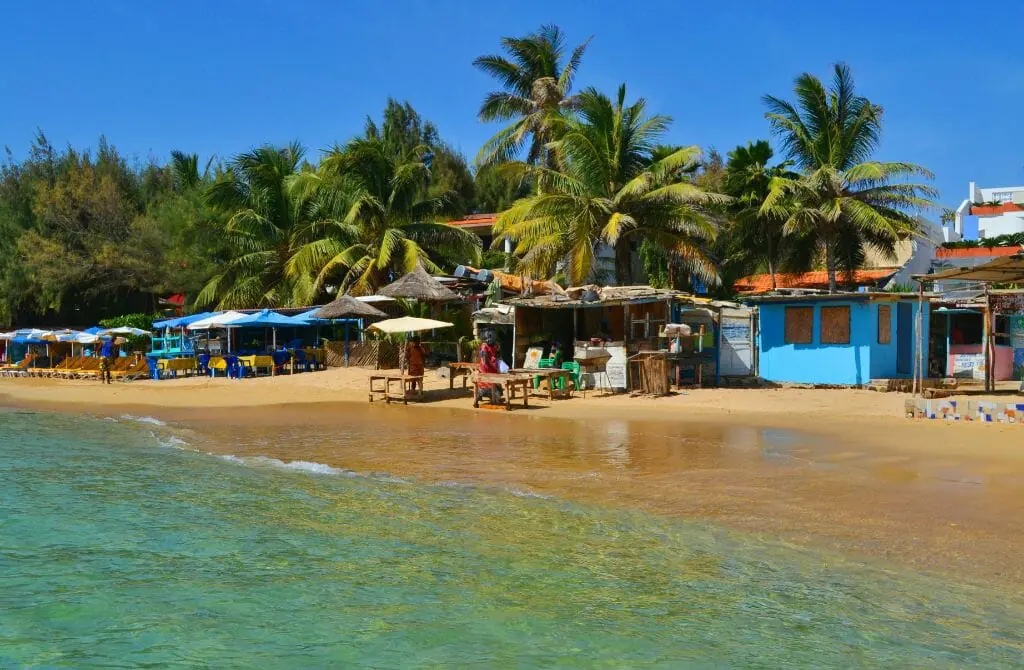
Protect Yourself While Travelling In Gay Senegal
In Senegal, the rights of the LGBT community are limited, and they face many challenges, including force, arrest, fines, violence, threats, rape, assault, death threats, harassment, and even torture. It is essential for both local individuals and tourists to be aware of the current laws and situation and take steps to protect themselves if necessary.
For local people, affiliating with LGBT advocacy groups can provide access to resources and support to cope with the challenges they may face. However, given the nature of the threats and potential consequences, it is vital to err on the side of caution and maintain vigilance when participating in LGBT-related activities.
Tourists should be mindful of the fact that situations can change rapidly in Senegal, and information can become outdated quickly. Therefore, it is crucial to seek current advice before traveling and research the local situation with relevant LGBT rights organizations. While most of the threats are directed toward the local community, tourists should also remain vigilant and avoid risky situations.
Everyone should prioritize their safety, regardless of nationality. Some general steps to protect oneself include avoiding public displays of affection, refraining from discussing one’s sexual orientation with strangers and knowing the legal consequences for engaging in same-sex relationships.
In conclusion, it is essential to be aware of the challenges faced by the LGBT community in Senegal and take necessary precautions to protect oneself. Remember that situations can change swiftly, so staying informed and vigilant is crucial.
